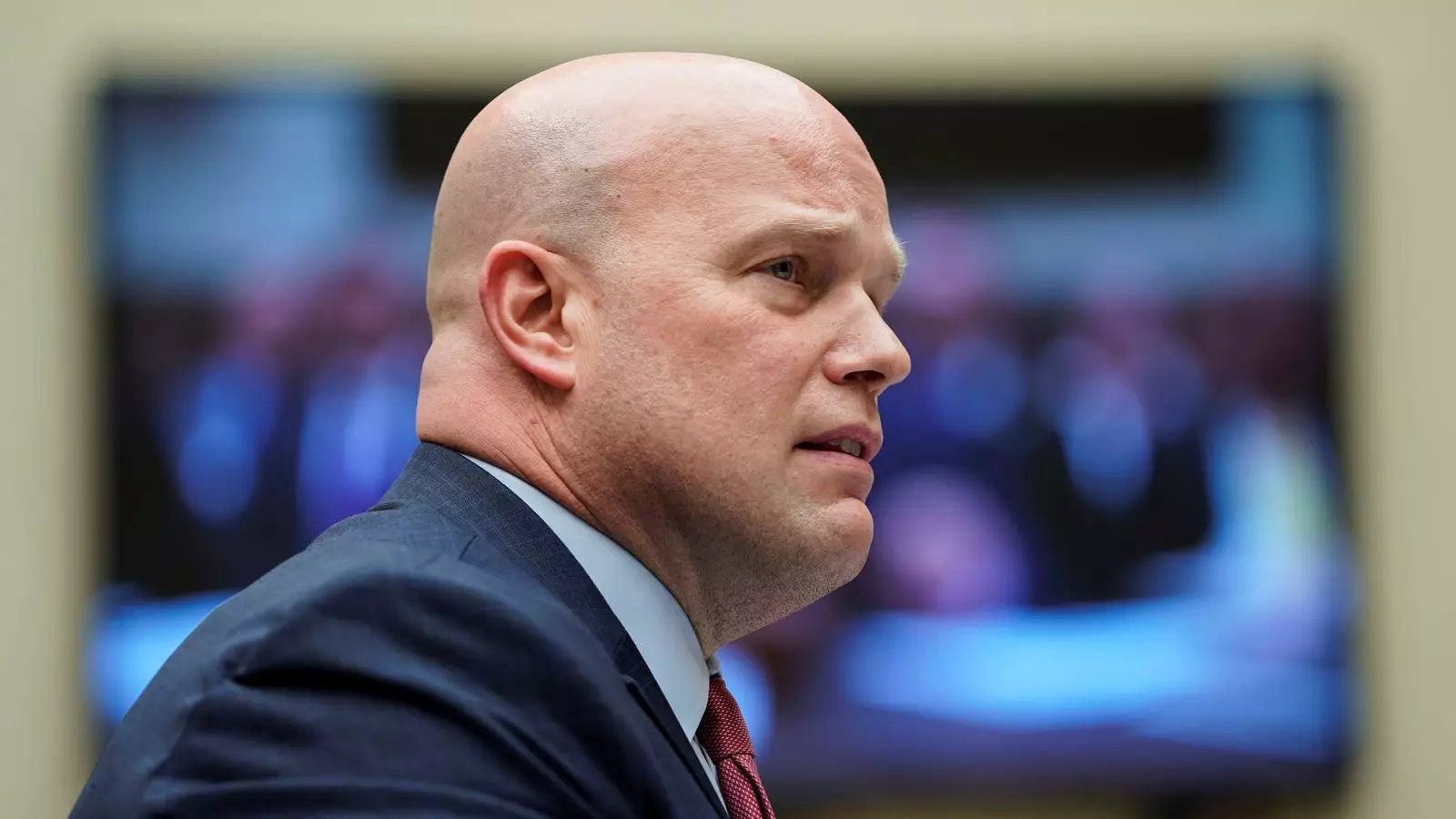The ongoing assertion from the United States, spearheaded by Donald Trump’s former ambassador to NATO, Matthew Whitaker, that all NATO allies must contribute a staggering 5% of their national income towards defense and security is a troubling indicator of a pervasive militaristic mindset that risks overshadowing diplomacy in favor of military might. Whitaker’s unabashed proclamation, articulated with a zealous tone, frames this imperious demand as a requisite for achieving “peace through strength.” However, this dogmatic stance fails to recognize the multifaceted nature of modern security threats, which often require a balanced approach that emphasizes not just military capabilities but also economic stability and international cooperation.
This insistence on a rigid percentage effectively transforms the discourse around NATO defense spending from a strategy rooted in mutual defense and collective security to one characterized by a fiscal arms race. The underlying mentality resonates with an outdated view of international relations, where power is gauged primarily through military expenditure rather than diplomatic engagement. Not only does this high-stakes directive ring alarm bells for nations wrestling with budget constraints, but it also cultivates an environment ripe for increased tension among allies. Countries such as the UK, already facing domestic pressures and public skepticism regarding the necessity of exorbitant military budgets, find themselves in an increasingly precarious position.
Economic Priorities Over Militaristic Ambitions
As the UK grapples with the implications of Whitaker’s ultimatum, it raises essential questions about the broader economic priorities of member states. Sir Keir Starmer’s reluctant agreement to the proposed target for UK defense spending reflects the pressures exerted from across the Atlantic but simultaneously reveals a lack of clarity in national strategy. The UK government’s previous hesitations to elevate military expenditures to what could soon become an artificial benchmark indicates a disconnect between political rhetoric and economic realities. Does a commitment to increasing military spending represent a true alignment with national interests, or is it merely a short-sighted attempt to appease an increasingly demanding ally?
By advocating for 3.5% for direct defense and an additional 1.5% for related pursuits by the 2030s, the proposed spending reflects a tactical pivot. However, this raises alarm bells about potential neglect for social programs, healthcare, and education—all fundamental to constructing a resilient society. The sheer audacity of the U.S. position does little to engender solidarity and clearly disregards the complex interplay between societal needs and national security. The prioritization of military funding at the expense of essential social services echoes a distressing theme of misplaced values, where instruments of war overshadow instruments of peace and development.
The Realities of NATO’s Future
NATO Secretary General Mark Rutte’s forewarning regarding the dire consequences of adhering to outdated GDP spending targets implies that European nations must reassess their defense policies in light of evolving geopolitical threats. Yet, the solution presented—raising the bar of financial commitments—does little to actually fortify member states against the intricacies of invasions, cyber threats, and hybrid warfare. If anything, it entrenches a culture of defense that may inadvertently lead to increased militarization instead of fostering cooperative security arrangements.
Moreover, Rutte’s acknowledgment that NATO must evolve to address both European and Canadian security concerns raises a challenging dilemma. The current omnipresence of the U.S. within NATO dealings, combined with their expectation of equitable contributions, risks creating an imbalance in how alliances are forged and maintained. There is a growing fear among progressive elements that, while the concept of collective defense is paramount, this militaristic approach could significantly detract from emphasizing diplomatic channels and preventable conflict resolution.
In navigating the future landscape of international politics and security, member states should collectively pivot away from a damaging race to suffocate budgets under the weight of defense obligations, particularly in cases where the political will for increased spending on arms comes at the cost of meaningful diplomacy. It is time for an alternative approach—one that cultivates alliances through cooperation, dialogue, and mutual respect—against the backdrop of a shared understanding of what true security entails.


Leave a Reply